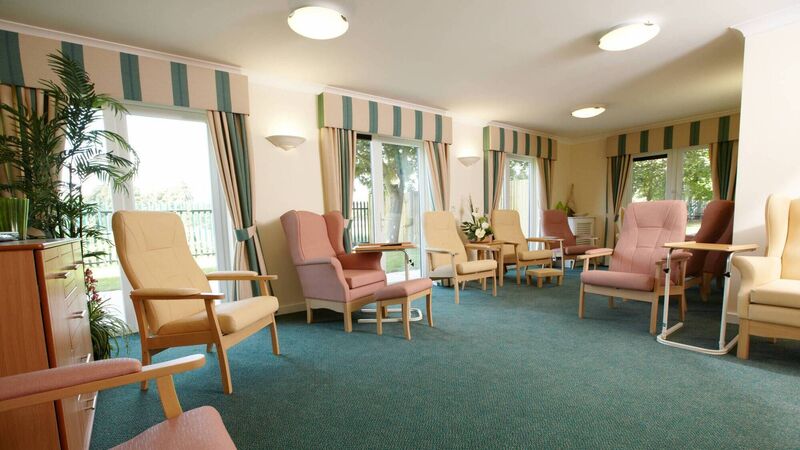Young people do not belong in nursing homes

Being diagnosed with a neurodegenerative disease should not mean your human rights are stripped away. File picture
One man with early onset Parkinson’s is climbing the Himalayas active, empowered and supported.
Another is trapped in a care home among residents twice his age, paying €3,000 a month while his savings and spirit drain away. He can’t even go for a walk out of the grounds without permission.













